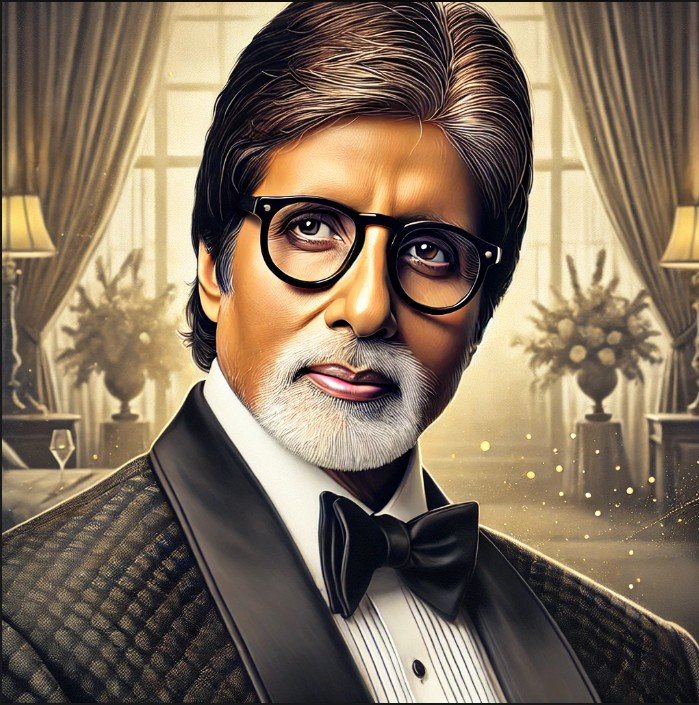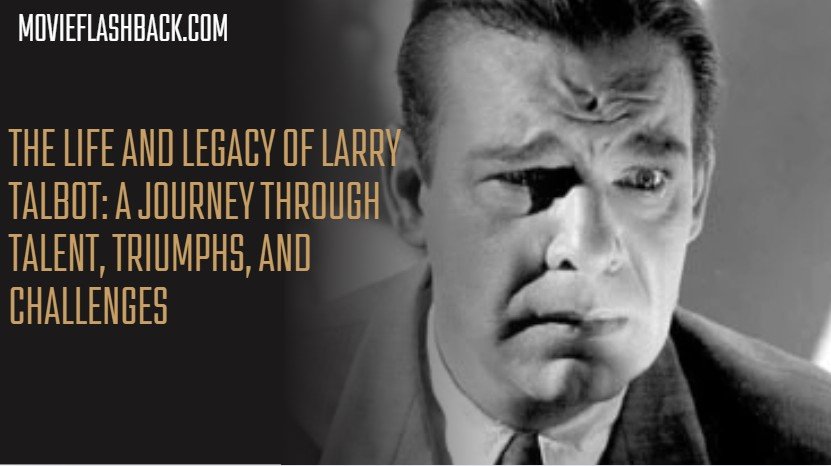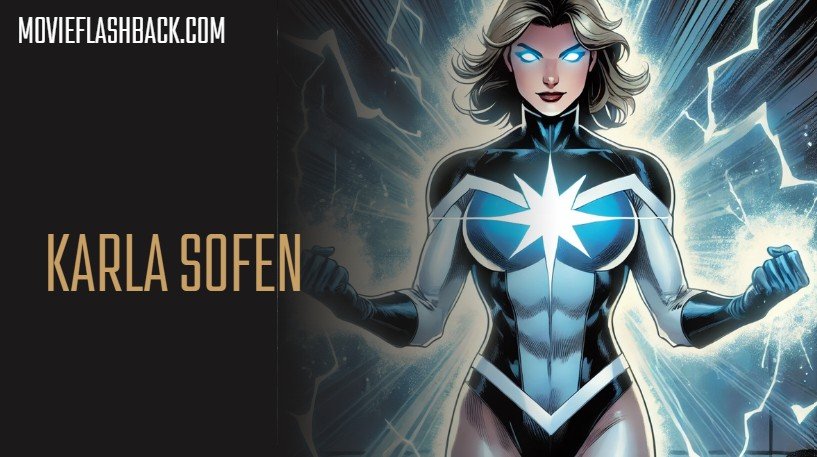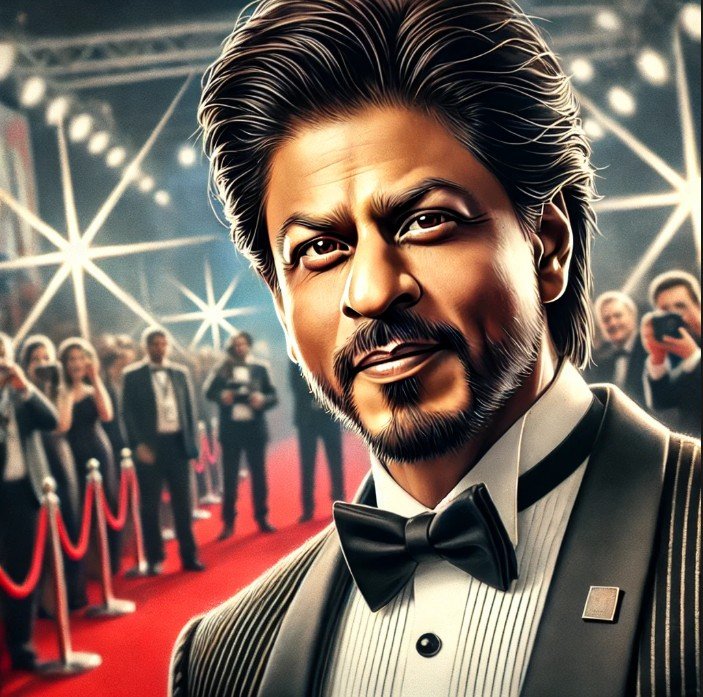Introduction
Amitabh Bachchan, the towering figure of Indian cinema, is more than just an actor. He is an institution, a global icon whose contribution to Bollywood has spanned over five decades. Known as the “Shahenshah” (Emperor) of Bollywood, Bachchan’s journey from a struggling newcomer to the epitome of cinematic excellence is a story of resilience, talent, and unyielding dedication.
Born on October 11, 1942, in Allahabad (now Prayagraj), Uttar Pradesh, India, Amitabh Bachchan has not only redefined stardom but also set benchmarks for versatility and adaptability. His influence extends far beyond cinema, as he has become a symbol of grace, perseverance, and humility.
Early Life and Education
Amitabh Bachchan was born to Harivansh Rai Bachchan, a renowned Hindi poet, and Teji Bachchan, a socially active homemaker with an interest in theatre. His upbringing in a culturally rich environment exposed him to the arts and instilled in him a love for storytelling.
He attended Sherwood College in Nainital, a prestigious boarding school where he excelled in academics, drama, and sports. Later, he pursued a Bachelor of Arts degree at Kirori Mal College, University of Delhi. During his college years, Amitabh developed a passion for acting, often participating in stage plays.
Despite his interest in the arts, Amitabh initially worked as an executive for a shipping firm in Kolkata. However, his deep desire to act prompted him to move to Bombay (now Mumbai) in the late 1960s to pursue a career in films.
Entry into Bollywood
Amitabh Bachchan’s journey in Bollywood was not without struggles. His unconventional appearance, baritone voice, and towering height (6’2”) were initially considered liabilities in an industry that favored fair, conventionally handsome actors. After several failed auditions, he made his acting debut in “Saat Hindustani” (1969), a patriotic drama. The film did not achieve commercial success, but Amitabh’s performance was noticed, earning him a National Film Award for Best Newcomer.
He continued to appear in small roles in films like “Anand” (1971), where he shared the screen with superstar Rajesh Khanna. Though he played a supporting character, his portrayal of Dr. Bhaskar, also known as “Babu Moshai,” left a lasting impression and earned him accolades.
Breakthrough: The Angry Young Man
Amitabh’s major breakthrough came in “Zanjeer” (1973), directed by Prakash Mehra. His role as Vijay, a brooding, intense police officer seeking justice, resonated deeply with audiences. The film marked the beginning of his transformation into Bollywood’s “Angry Young Man,” a persona that captured the frustrations of India’s working class during the 1970s.
This success catapulted Amitabh into stardom, and he followed it with a series of blockbuster films, including:
- “Deewaar” (1975): A gritty drama where he played a smuggler with a moral conflict.
- “Sholay” (1975): One of Indian cinema’s most iconic films, where he portrayed the stoic and loyal Jai.
- “Don” (1978): A stylish thriller showcasing his ability to play dual roles with finesse.
Reign as Bollywood’s Superstar
By the late 1970s and early 1980s, Amitabh Bachchan had established himself as Bollywood’s undisputed superstar. His ability to excel in diverse genres—be it action, romance, or comedy—set him apart. Films like “Amar Akbar Anthony” (1977) demonstrated his impeccable comic timing, while “Muqaddar Ka Sikandar” (1978) highlighted his emotional depth.
Amitabh’s unmatched charisma and screen presence drew millions to theaters, making him a cultural phenomenon. His dialogues, particularly from films like “Deewaar” (“Mere paas maa hai”) and “Sholay” (“Basanti, in kutton ke saamne mat naachna”), became part of Indian pop culture.
Near-Fatal Accident and Public Devotion
In 1982, while filming a fight scene for “Coolie”, Amitabh suffered a near-fatal intestinal injury. The accident left him critically injured, and he underwent extensive surgeries. The nation collectively prayed for his recovery, and his survival was seen as nothing short of a miracle.
This incident deepened his bond with his fans, who saw him as a resilient figure capable of overcoming insurmountable odds. When he returned to complete “Coolie”, the film became a massive hit, dedicated to his unwavering spirit.
A Political Stint and Financial Struggles
In the mid-1980s, Amitabh briefly ventured into politics at the behest of his close friend, Rajiv Gandhi. He contested from Allahabad and won a landslide victory, becoming a Member of Parliament. However, his political career was short-lived, as he found the arena unsuitable for his temperament.
The 1990s marked a challenging phase for Amitabh, both personally and professionally. His production company, ABCL (Amitabh Bachchan Corporation Limited), suffered massive financial losses, leaving him in debt. During this period, he faced a decline in film offers and struggled to maintain his superstar status.
The Resurgence: Reinventing the Legend
Amitabh Bachchan reinvented himself in the early 2000s, transitioning to mature, character-driven roles. His comeback began with “Mohabbatein” (2000), where he played a strict but vulnerable college principal. This marked the beginning of a new phase in his career, showcasing his ability to adapt to changing audience preferences.
He followed it with critically acclaimed performances in:
- “Black” (2005): A moving story of a visually impaired girl and her teacher.
- “Paa” (2009): Where he portrayed a child suffering from progeria, earning a National Film Award.
- “Pink” (2016): A courtroom drama advocating for women’s rights.
Television Stardom
In 2000, Amitabh ventured into television as the host of “Kaun Banega Crorepati” (KBC), the Indian adaptation of “Who Wants to Be a Millionaire?”. The show was an instant hit, reviving his popularity among audiences of all ages. Amitabh’s warmth, intelligence, and wit as a host turned KBC into a cultural phenomenon, further cementing his legacy.
Awards and Honors
Amitabh Bachchan’s illustrious career has earned him countless awards, including:
- Padma Shri (1984), Padma Bhushan (2001), and Padma Vibhushan (2015): India’s civilian honors.
- National Film Awards: For films like “Agneepath”, “Paa”, and “Black”.
- Dadasaheb Phalke Award (2019): The highest honor in Indian cinema.
- International accolades, including the Knight of the Legion of Honour from France.
Personal Life
Amitabh married actress Jaya Bhaduri in 1973. The couple has two children, Abhishek Bachchan, an actor, and Shweta Bachchan Nanda, an author and entrepreneur. Despite his fame, Amitabh remains deeply rooted in family values, often crediting Jaya for being his pillar of strength.
Philanthropy and Social Impact
Amitabh Bachchan is actively involved in philanthropy, supporting causes like child education, healthcare, and disaster relief. He has donated generously to rural development projects and frequently participates in awareness campaigns, including those for polio eradication and COVID-19 relief.
Continued Stardom
Even in his 80s, Amitabh Bachchan remains one of the most sought-after actors in Bollywood. His recent films, including “Badla” (2019) and “Gulabo Sitabo” (2020), highlight his ability to stay relevant in contemporary cinema.
His unmatched work ethic, humility, and passion for acting continue to inspire generations of actors and fans worldwide.
Conclusion
Amitabh Bachchan’s life is a testament to perseverance, adaptability, and an unwavering commitment to his craft. From his early struggles to becoming a global icon, his journey embodies the spirit of dreaming big and working tirelessly to achieve it.
As he continues to mesmerize audiences, Amitabh Bachchan stands not just as the “Shahenshah of Bollywood” but as a living legend whose legacy will endure for generations to come.






